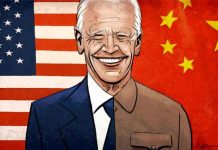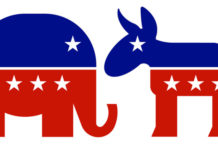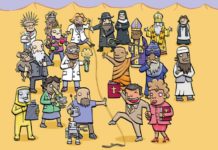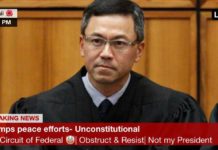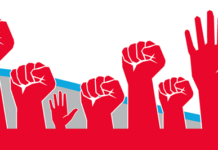The global pandemic of Covid-19 is teaching us a great many things. One of the lessons I hope we learn is just how frail freedom really is. Consider, for example, as you sit in your house, with little more than grocery stores, pharmacies, gas stations, and take-out food left open, that just a couple of weeks ago life was normal.
Consider that for the time being, having it a crime to leave your house for non-essential services (and for exercise), is normal.
This is not the first time America’s freedoms have been taken away. We are never free, for example, during times of war. World War Two had a draft, rationing, concentration camps, and mandatory black-outs. The only freedoms a nation has during times of war, are those that do not sacrifice the ability to win.
Many compare this pandemic to a war, and certainly when it comes to the need to mobilize against it, there are similarities. There are also, however, major differences, the most obvious being that ‘mobilization’ during a pandemic primarily requires shutting the nation down, which is the exact opposite of what ‘mobilization’ means during times of war.
Certain parts of the economy are roaring to life. 3M is now making medical masks domestically at a pace of 400 million a year – up from zero just a few weeks ago. Ford is not making cars, but is making respirators instead. General Motors will soon be making respirators as well (against their will – and remember that the next time you buy a car).
And yet, if you are in a part of the country not yet hard-hit by Coronavirus, even hospitals are eerily quiet, with people afraid of going, lest they catch the disease. Hospitals are at or near capacity in New York City, and in other hotspots, but everywhere else the country is quiet.
My wife and I take daily walks (depending on the weather). Other than that, we leave the house for the grocery only, and only when necessary. At some point I’ll need to put gas in the car, and we both have prescriptions that will need to be filled, but other than that, we stay home.
I’m concerned about children. I see adults practicing social-distancing, but not children. I’ve seen neighbors outside talking, ten feet apart, while children from various households play outside with no distancing at all. People – if your children are not distancing, neither are you.
The point I’m making is that the primary role of government (some would say the only role) is to protect the life and liberty of the public, and at times like these, when the lives of the public run at odds with their liberties, life takes precedence.
We all believe that liberty will come back after the pandemic passes, and indeed, we must all be willing to riot in the streets if that is not the case, but even when our liberty is restored, understand that losing it again is only a crisis away. Understand too that much of the left views global warming as a crisis.
It is only a matter of time before left-leaning politicians notice how much cleaner the global atmosphere is, right now, with the Earth essentially shut down. When the fear subsides, and our government begins to restore our liberties, there will be some who will note that our pandemic responses could be used to address climate change. Consumption, they will note, is not the enemy of the climate, so much as production is. Such people will want to limit production to essential services, and if their voices are heard, much of this shutdown will become permanent.
People like to be reasonable, causing a natural tendency toward compromise positions. When one extreme moves and the other does not though, the middle shifts. This is why freedom erodes over time.
If we allow compromise in terms of the government assuming the power to decide what can and cannot be produced, the national discussion will shift from one of whether or not we should live in a totalitarian state, to one of how draconian our totalitarian state should be. We cannot allow that to happen.
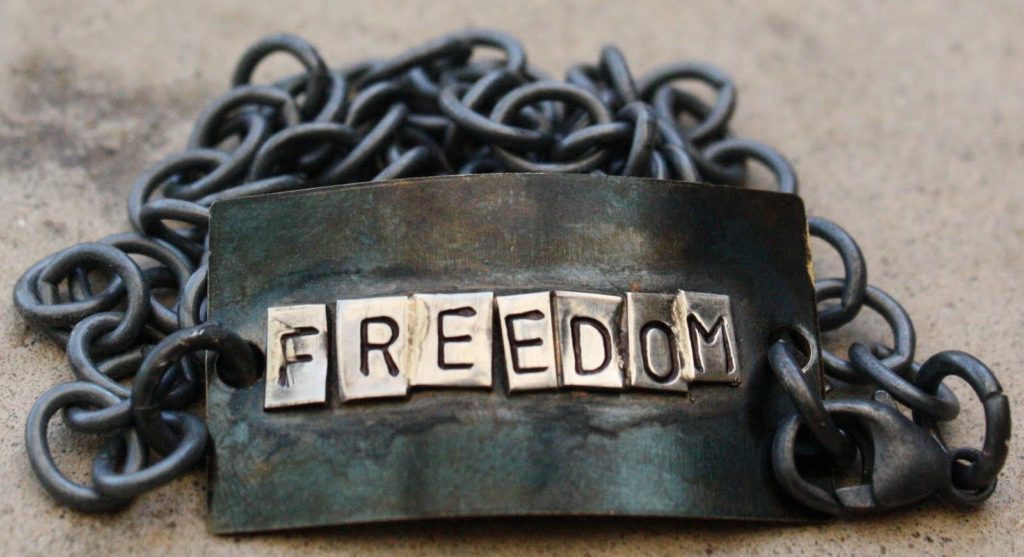
For now we must respond to the pandemic by staying in our homes, in the hope of controlling the spread of the disease such that our ability to hospitalize the sick is not overwhelmed. As the curve begins to flatten and decline, however, we must be hyper-vigilant to ensure that our liberties are, over time, fully restored.
There will be rational discussion about the pace at which our liberties can be restored, in order to keep the infection curve below our ability to hospitalize those in need, but any calls to make restrictions of any kind permanent must be rebuked immediately and authoritatively.
All calls to use the pandemic response to fight climate change must be rejected, so when you hear questions like “do we really need” this, or “do we really need” that, be diligent. Compromise on this is not reasonable. The answer must at all times be, “That is not for government to decide.”








